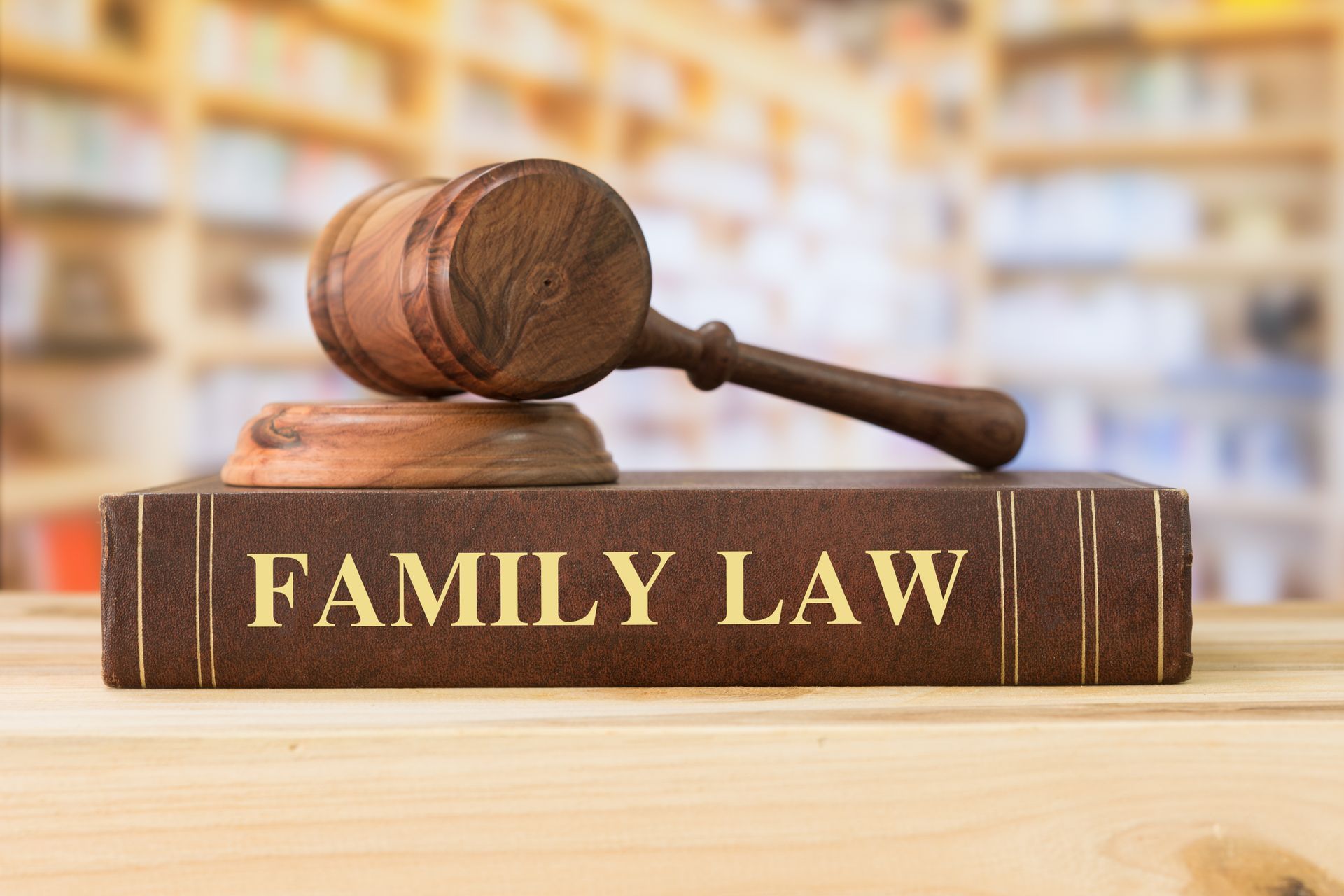A Creative Approach to Your Unique Case
Attorney Baum Goes the Extra Mile
Maryland's New Family Law Changes Effective October 2023: What You Need to Know

The state of Maryland recently enacted multiple family law changes that are effective as of October 1, 2023. These adjustments in legislation are a watershed moment for those navigating divorce, child custody, and other family law matters. As significant as they are, it's crucial to understand the specifics of these changes and how they might affect your situation. Below, we delve into these groundbreaking laws and discuss the key changes they bring to the table.
Chapter 646: Grounds for Divorce Overhauled
Perhaps the most important adjustment comes in the realm of divorce law. Chapter 646 strikes down limited divorce by repealing Family Law Article § 7-102. Prior to this, Maryland law permitted "limited divorce," which was essentially a legal separation. Now, that concept is eliminated, simplifying the complexities often attached to the divorce process.
The new law also makes it easier to get an absolute divorce by eliminating all fault grounds. This means no more proving adultery, abandonment, or cruelty, thereby speeding up the divorce process and reducing emotional tolls. Instead, the new law institutes two new no-fault grounds: a six-month separation and irreconcilable differences. Significantly, spouses can be considered "separated" even if living under the same roof, so long as they lead separate lives. This is a huge change, both by shortening the time from one year separation to six months and perhaps most importantly, by specifically allowing both parties to reside under the same roof yet being considered separated for divorce purposes. And guess what? If you had already filed for limited divorce before October 1, 2023, the statute allows you to orally amend your request to avail of the new six-month separation grounds.
The mutual consent grounds for absolute divorce have been retained, requiring both parties to resolve all issues related to alimony, property division, and child custody.
Chapter 404: Child Custody Relocation — Expedited Hearing
Time-sensitive issues surrounding child relocation now have their own statute. Amended FL § 9-106 mandates courts to schedule an expedited hearing if a parent wishes to move a child who is the subject of a custody or visitation order. The catch is that the move must significantly interfere with the other parent's existing access schedule. The expedited hearing theoretically ensures quick resolution, preventing unnecessary stress on the child and parents. The reality is that the court dockets are packed and finding an expedited hearing date may be difficult in practice.
Chapter 761: Maryland Child Abduction Prevention Act
This new statute creates additional protective measures against child abduction within custody proceedings. The court can issue child abduction prevention orders, ex parte warrants for physical custody, and even authorize law enforcement to enter private property to ensure the child's safety. This new act brings Maryland up to speed with increasing concerns about child abduction.
HB 369: Child Support Arrearages — Workers’ Compensation
Previously, Maryland laws prohibited seizing workers' compensation insurance to recover child support arrears. The new legislation changes that by amending Courts & Jud. Proc. § 11-504. Now, up to 25% of the net recovery from weekly benefits or settlement proceeds can be executed against for child support arrearages.
Conclusion
These changes in Maryland family law stand to significantly affect a multitude of families. If you're navigating any family law issue in Maryland, it's crucial to consult a qualified family law attorney. Keeping abreast of these legislative updates can have a substantial impact on your case's outcome.
START MOVING FORWARD TODAY
Your initial consultation is free, so don't hesitate to reach out.
Contact Us
We will get back to you as soon as possible.
Please try again later.
CONTACT
Law Offices of Robert L. Baum
LOCATION
401 N Washington St. Ste 500 Rockville, MD 20850
PHONE & FAX
- Monday
- -
- Tuesday
- -
- Wednesday
- -
- Thursday
- -
- Friday
- -
- Saturday
- Closed
- Sunday
- Closed
Law Offices of Robert L. Baum
